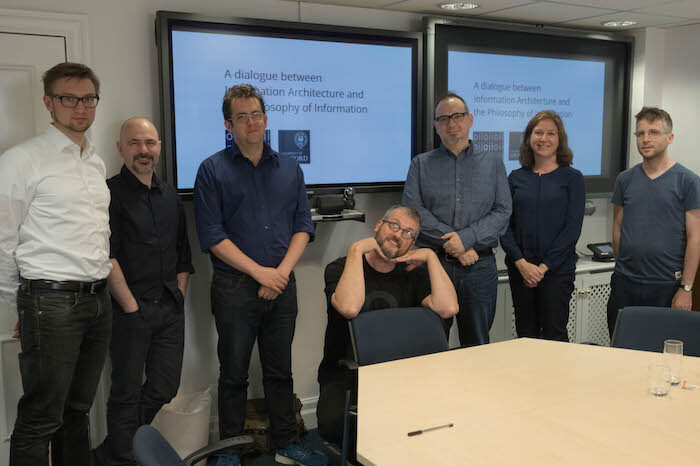Tag: philosophy
All topics
-

Information Architecture meets the Philosophy of Information
Advancing the practical and theoretical basis for how we conceptualise and shape the infosphere.
All topics

Advancing the practical and theoretical basis for how we conceptualise and shape the infosphere.